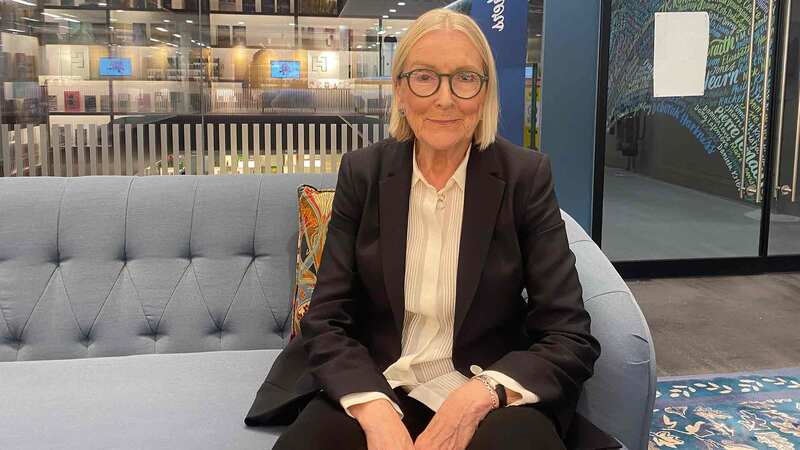You are viewing your 1 free article this month. Login to read more articles.
Prior knowledge
The appointment of Penguin General m.d. Joanna Prior to run Pan Macmillan after its current c.e.o. Anthony Forbes Watson leaves that role is a big moment, and also a timely one.
The appointment of Penguin General m.d. Joanna Prior to run Pan Macmillan after its current c.e.o. Anthony Forbes Watson leaves that role is a big moment, and also a timely one.
Prior becomes the first woman to be appointed to run a “top five” publisher in the UK, since the twin departures of Victoria Barnsley and Gail Rebuck back in 2013 from their respective positions at HarperCollins and Random House. Publishing, including at managerial level, is dominated by women, and this pushes the pendulum back in the right direction again after a regressive decade.
In Prior the German group Holtzbrinck, which owns Macmillan, has found someone working at the top of their game with an established track record of critical and commercial success, who can build on Pan Macmillan’s recent excellent run. Prior is smart, collegiate and clubbable. Her chairing of the Women’s Prize for Fiction during a challenging period has been exemplary.
For Prior, this will be a gear shift. Running a division of a larger entity is doubtless challenging, but not as exposing as running a standalone
For Pan Macmillan, the recent charge of racism and ableism inherent within the Kate Clanchy title offers a context too important to ignore. Forbes Watson, not someone who uses words lightly, described Prior’s arrival as a moment for “everyone at Pan Mac to be refreshed and renewed”. In recent meetings with Pan Mac executives I’ve been struck by a mood-shift, this normally ebullient business clearly knocked sideways by the public criticism. Pan Macmillan won’t be the last publishing business to handle this stuff badly, but in Prior Holtzbrinck has brought in someone with a deft touch and an understanding of the public nature of the sector. I almost daren’t suggest it, but there are times when having been a journalist (albeit, in Prior’s case, briefly) helps.
There will be challenges. Under Forbes Watson, Pan Mac has been marked by its openness, a willingness to set itself apart from the other big groups and a desire to build from within. It rarely makes the big deals so beloved of other corporate publishers: its standout successes have come from buying a little ahead of the curve—Joe Wicks, Pinch of Nom, Adam Kay. Pan Macmillan is also a business that took pride in its successes. When it won Publisher of the Year five years ago it threw a party to celebrate. It felt like a company on the up, enjoying its run.
Penguin General is a quieter operation, again capable of building success but also willing to buy it in. It won Publisher of the Year in 2019 and came close to repeating the trick two years later. I doubt Prior lost much sleep over the latter instance—she may have expected to win, but did not need to. I could be wrong, but I always felt Pan Macmillan needed the award more than it expected it.
For Prior, this will be a gear shift. Running a division of a larger entity is doubtless challenging, but not as exposing as running a standalone: within Penguin Random House a bad year might not seem so terrible if a fellow division has a good one, while the shelter provided by the corporate structure means you can more easily pick your battles. At Pan Mac, as Forbes Watson has no doubt reflected on recently, the buck stops at the top.


















